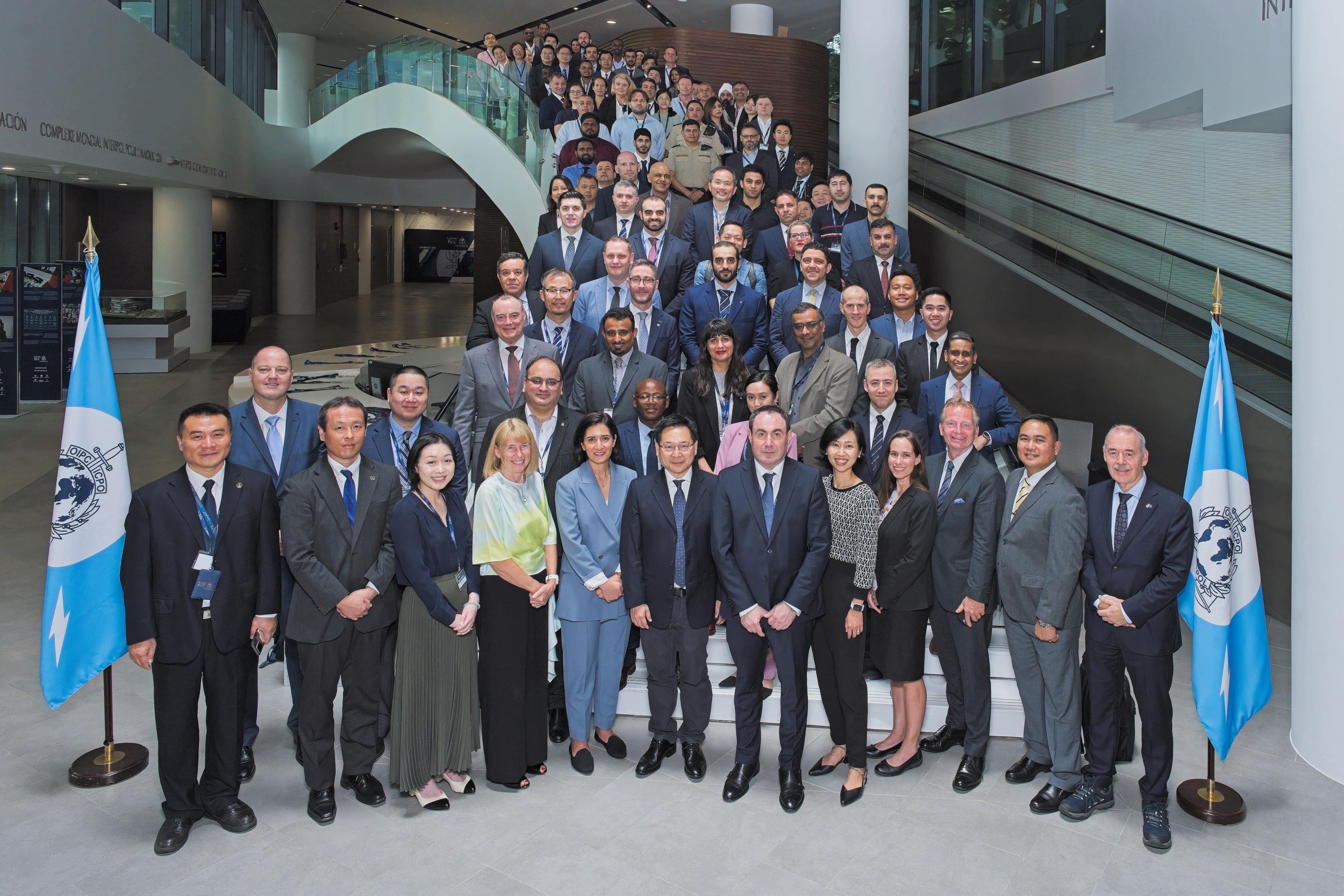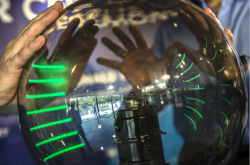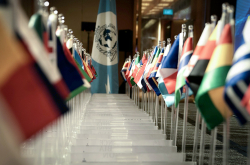Singapore – INTERPOL and UNICRI have released an updated version of the Toolkit for Responsible AI Innovation in Law Enforcement, a practical guide for law enforcement agencies on developing and deploying artificial intelligence responsibly, while respecting human rights and ethics principles.
The AI Toolkit is comprised of seven distinct resources, underpinned by a comprehensive user guide, providing guidance for law enforcement executives and officers to navigate responsible AI innovation from technical foundations to organizational assessments on readiness and risk.
The updated toolkit, which is based on extensive consultation with stakeholders, incorporates several key changes aimed at enhancing its usability and relevance in today's rapidly evolving technological landscape. Some of the key changes include:
- Additional recommendations on emerging best practices in the field of AI governance and ethics.
- Enhanced guidance on building AI strategy: More comprehensive information and guidance on how law enforcement agencies can develop and implement effective AI strategies tailored to their specific needs and challenges.
- Illustrative examples and case studies: To better illustrate the meaning and severity of each question posed in the toolkit, new examples and case studies have been included, allowing law enforcement practitioners to better understand the practical implications of AI implementation.
- Alignment with legal and technical developments: Revisions have been made to ensure that the toolkit remains aligned with the latest legal, regulatory, and technical developments in the AI landscape, providing law enforcement agencies with up-to-date guidance and advice.
These updates were unveiled to law enforcement and global AI experts in Singapore, during the 4th INTERPOL-UNICRI Global Meeting on Responsible AI for Law Enforcement (20-22 February), which was organized in cooperation with the Nanyang Technological University of Singapore, the European Union, the Naif Arab University for Security Sciences, and the United Nations Office of Counter-Terrorism.
A dedicated AI Toolkit session and specifically developed workshops were held during the event to enhance understanding of the AI Toolkit’s content and its practical applications in law enforcement work.









